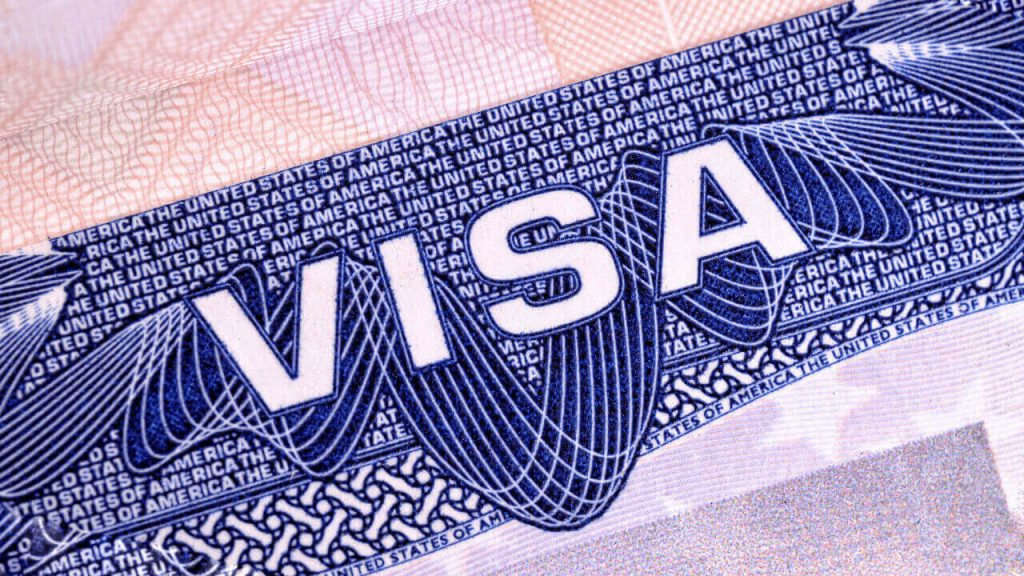

Visa Guides: Applying for Visas for Diplomatic or Official Travel is critical for those engaged in official or diplomatic missions. Imagine a scenario where a crucial international summit or government delegation is impending and the travel documents are not in order—this can lead to significant delays and even cancellations. This comprehensive guide will provide the necessary information to successfully navigate the intricate process. We’ll delve into the specific requirements, common pitfalls, and essential strategies for success, ensuring you are fully prepared for your next official or diplomatic trip. This guide is structured as follows: general requirements, documentation and verification, visa application process, potential challenges and solutions, and a frequently asked questions section.
Understanding the Requirements for Diplomatic and Official Visas
General Visa Guidelines
Applying for a visa for diplomatic or official travel necessitates adherence to specific guidelines, and understanding the procedures involved is paramount to smooth processing. Each country has unique requirements, encompassing specific documents, interview processes, and duration of stay. The guidelines can vary significantly based on your nationality, the purpose of the trip, and the type of diplomatic or official mission. For example, an embassy may require a specific invitation letter or form from the host nation’s government.
Essential Documents and Verification
Thorough preparation and documentation are crucial. This includes verifying passport validity, ensuring accurate visa application forms are completed, gathering necessary financial statements, and having confirmation of travel dates and accommodation arrangements. For instance, a diplomatic passport might necessitate different paperwork than a standard passport.
Navigating the Visa Application Process
Steps to Complete an Application
Visa application processes vary from country to country. However, common steps include: gathering documents, completing application forms accurately, submitting the application and supporting documents to the appropriate embassy or consulate, and scheduling, if applicable, an interview. For example, a diplomatic mission might require a specific submission portal or designated contact.
Addressing Potential Challenges During the Application Process
Embassy guidelines can be intricate and require a methodical approach. Challenges may arise, so preparation and proactive communication with the authorities are important. Properly organized documentation minimizes potential pitfalls. Thorough research and prior communication can avoid delays. Always double-check all requirements in advance.
Potential Obstacles and Solutions
Common Pitfalls and Their Remedies
Some common obstacles during the process include incorrect application forms, missing or insufficient documents, or logistical issues with embassy procedures. For example, a misplaced document could potentially delay or even jeopardize an application. Solutions might include seeking clarification from the embassy, contacting the embassy’s help desk, or consulting an immigration advisor.
Handling Delays or Denials
Delays or denials can occur, and there are strategies for mitigating these challenges. The cause of a delay might be due to the embassy’s operational load. Proactive communication and follow-up can often resolve issues, even though solutions will vary. Understanding the specific procedures of the embassy or consulate will mitigate such issues.
Diplomatic Missions and Official Visits
Specific Guidelines for Diplomatic Travel
Visas for diplomatic missions often involve specific requirements, depending on the nature of the mission and the host country. For example, some countries may require specific invitations or letters of accreditation for diplomatic officials. It’s crucial to meticulously understand the specific requirements for the type of mission or visit.
Guidelines for Official Visits
Official visits also need consideration. For example, arranging official meetings or activities often requires separate coordination with the receiving nation’s authorities, and those arrangements should be well documented.
Conclusion
Applying for visas for diplomatic or official travel can sometimes feel overwhelming. Here are answers to common questions:
What documents are typically required for a visa application?
The required documents for a diplomatic or official visa application vary based on the country and your specific circumstances, but generally include passport, valid visa and travel dates, proof of sufficient funds for duration of stay, invitation letter, and invitation letter. It is crucial to check with the specific embassy or consulate to ascertain the exact requirements and documentation needed. Always confirm requirements well in advance of your intended travel dates.
What are the potential risks and consequences of not following visa guidelines for diplomatic travel?
Failing to adhere to visa requirements for diplomatic travel can result in significant repercussions. These can include visa rejection, travel restrictions, fines, or even criminal charges, depending on the country’s specific laws and regulations. Furthermore, refusal to comply with visa regulations may jeopardize future visa applications and create difficulties for individuals engaging in official or diplomatic travel activities.
Can I seek guidance from a professional immigration advisor?
Absolutely. Consulting a qualified immigration advisor can prove invaluable in navigating the complexities of visa procedures for diplomatic and official travel. An immigration advisor can advise you on the specific requirements of your intended country, assist you in gathering the necessary documents, and provide you with crucial advice to avoid potential issues or delays. They have comprehensive knowledge of visa guidelines, often providing more tailored and efficient assistance than simply relying on official websites alone.
In conclusion, navigating the complexities of diplomatic and official visa applications requires meticulous preparation and adherence to specific guidelines. This comprehensive guide has provided a roadmap for successful application, from understanding the nuances of visa requirements to practical strategies for documentation and interviews. Remember, thorough research and proactive engagement with relevant authorities are key to a smooth and efficient process. To secure your visa, contact the relevant embassy or consulate directly or consult a professional immigration advisor. They can offer personalized advice tailored to your specific circumstances.